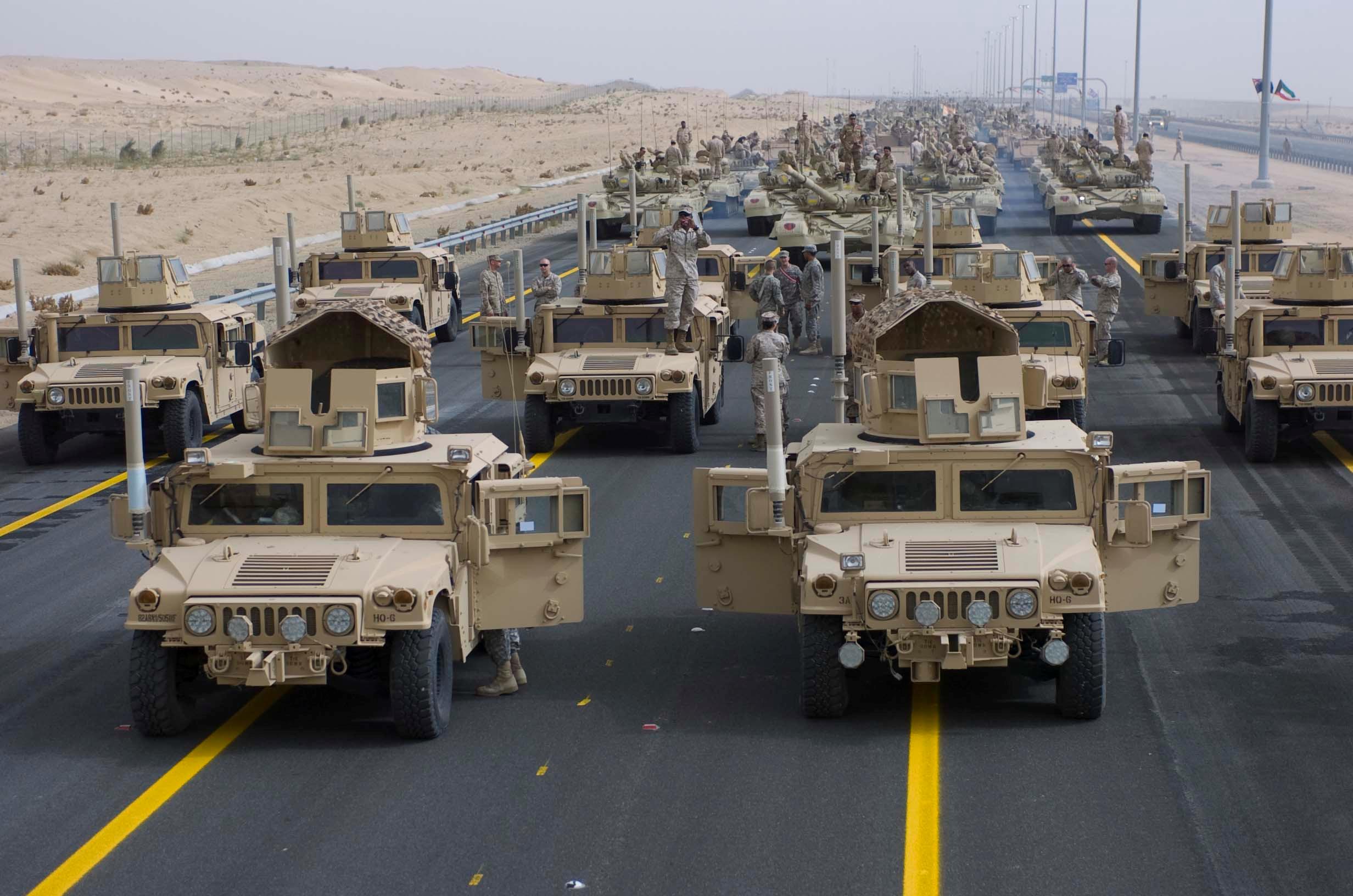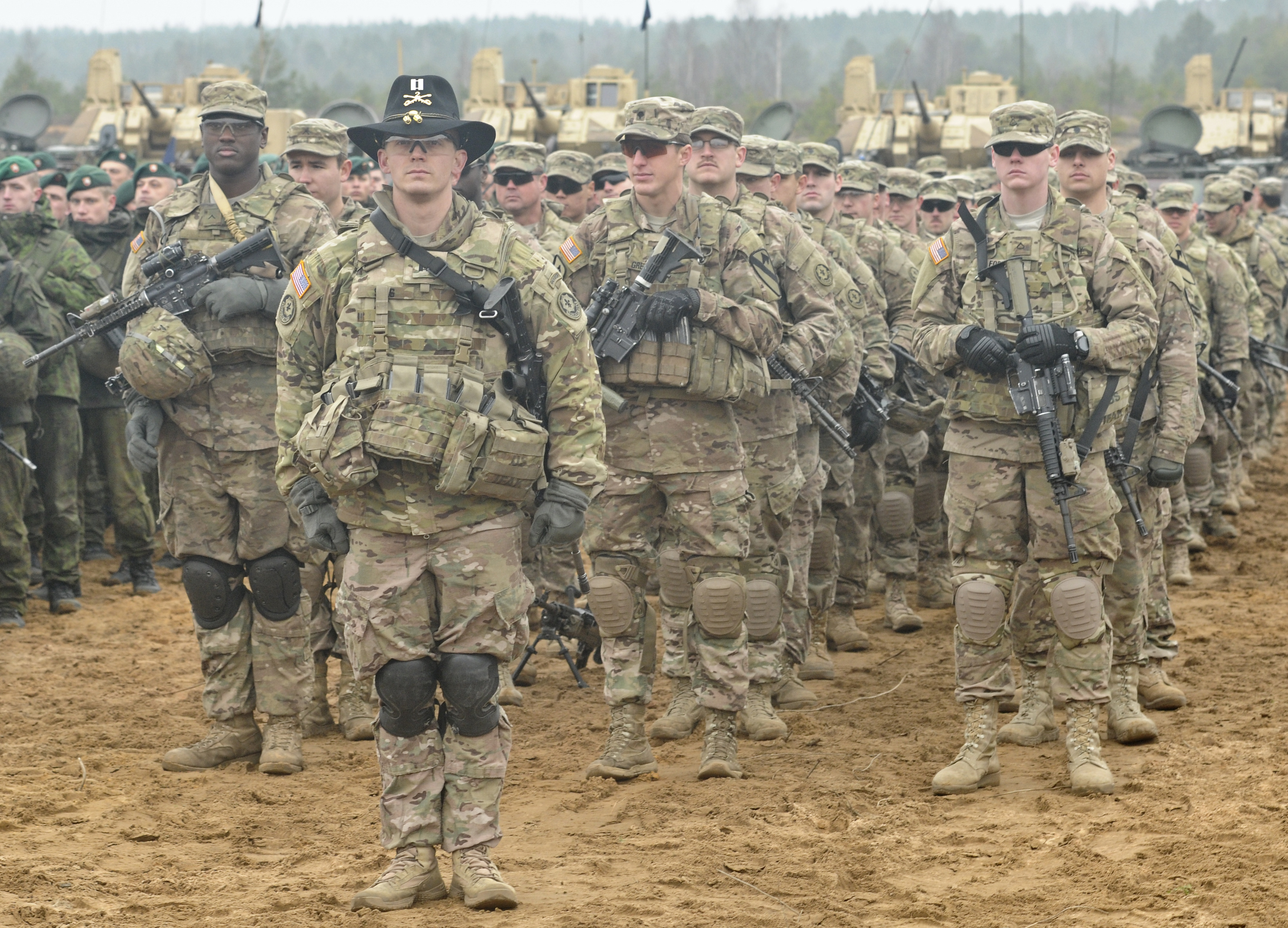9 minute read
Moral Forests and Just War Trees
By Michael Robillard

“Forest” Joshua Mayer. Used under: https://creativecommons.org/licenses/by-sa/2.0/
‘For God and County’
‘For our nation and its way of life’
‘For the man who was fighting to the left and to the right of me’
These have been the justifications given by political leaders and soldiers alike, for time immemorial, as to why wars must be fought or why they themselves chose to fight or stay. And despite our assessment of the overall soundness or appropriateness of such justifications, the brute fact remains that these reasons mobilise nations and keep people at war. Noticeably absent from this list are such justifications as, ‘for reasons of proportionality’, ‘for reasons of legitimate authority’, and ‘for ad bellum and in bello principles’.
This is not to say that these latter reasons are irrelevant to war; indeed, anything but. However, despite the ethical relevance of these esoteric just war principles, they are nonetheless not the kind of thing that mobilise human beings in mass numbers and on mass scale to kill and to die for, sometimes for years on end. From the fields of Cannae, to the trenches of the Somme, to the present military conflicts of today, human beings have gone to war over broad and comprehensive ideologies, over social allegiance, over culture, and over collective ways of being in the world.
The sharp contrast between the set of reasons people give for going to war and the set of just war principles ethicists bring to bear on their analysis of war suggests a gap within present ethics of war dialogues and a felt disconnect between abstract theory and real world application and action-guidance. Indeed, in holding fixed and screening out superfluous background conditions in our efforts to isolate certain bedrock moral principles, it seems we have screened out too much; namely, the essential set of reasons, both rational as well as irrational, individual and collective, that motivate people to go to war in the first place. In striving for greater conceptual clarity and analytical rigour, we cease talking about war in anyway recognizable to those who have experienced combat and focus on generating and solving logical puzzles of ever increasing complexity with the mere linguistic dressings of ‘war’. Lastly, in making distinction after hair-splitting distinction and with just war debates tunnelling further and further in on themselves, we have abstracted away from the subject matter of war too much if not entirely and have thereby, in the process, forgotten something absolutely vital. To paraphrase Nietzsche, we might ask, ‘has the text disappeared under the interpretation?’

“U.S. Military rehearses for Kuwait’s 50-20 Parade” DVIDSHUB. Used under: https://creativecommons.org/licenses/by/2.0/
Lost in the Tools
The severe disconnect between some of the more specialised and fragmented just war debates (over justifying reasons such as proportionality, necessity, distinction, and liability for instance) and the actual motivating reasons people go to war reveals a deeper methodological point concerning contemporary just war theory and contemporary analytic philosophy in general. Now a century after philosophy’s so-called ‘linguistic turn’ and its heralding of the methodological virtues of precise language, conceptual clarity, and analytical rigour, the consequence of this turn, intended or not, has largely been that of a privileging of narrow and deep specialisation over broad, albeit shallower, systems-building approaches as well as a valuing of pure abstraction over practical application. Nonetheless, despite important advancements in our thinking about the ethics of war afforded to us by this methodological approach, the fact still remains that people mobilise, rally around, kill, and die over the latter set of considerations and seldom if ever the former. Acknowledgement of this fact should therefore give ethics of war scholars pause in considering what research projects their finite resources of time and energy ought to be best spent on as well as the real-world (not just academic) opportunity costs and potential real-world consequences of higher and higher abstraction and narrower and narrower tunnelling.
“Noticeably absent from this list are such justifications as, ‘for reasons of proportionality’, ‘for reasons of legitimate authority’, and ‘for ad bellum and in bello principles’.”
But what about rigour? This, I suppose, is one of the major worries of shifting ethics of war dialogues more in the direction of breadth, integration, and application and away from a focus on depth, specificity, and idealisation. And perhaps such concern is well warranted. For indeed, we likely wouldn’t know what to say about the rightness or wrongness of the motivating reasons mentioned above without the rigor and clarity afforded to us by thought experiments and linguistic precision. Sorting through such deep and complicated philosophical questions oftentimes can’t be rushed. That being said, it seems like the ethicist, and particularly the ethicist of war, must at some point or another, ask him or herself: Just how much rigour? Just how much specificity? Just how much idealization? And to what end?
If the aforementioned set of just war principles are too narrow, too thin, too fragmented so as to be the kind of thing that inspires people to mobilise in support of a just war, then it would likewise stand to reason that these very same principles, standing on their own, would prove insufficient and flaccid in halting an unjust war about to occur or one that was already occurring. Accordingly, insofar as ethicists care about preventing unjust wars from actually occurring, and insofar as ethicists recognise that war is largely a downstream consequence of large-scale ideologies and comprehensive philosophical world-views, then ethicists ought to take more seriously the question of how unjust wars and war in general might be prevented and/or mitigated at their more fundamental motivational sources. Realisation of this fact would then warrant a valuing of the scholarly virtues of synthesis and application equal to or in concert with the scholarly virtues of fine-grained distinction-making and idealised abstraction. In considering the aforementioned disconnect between high-church theory and real-world action-guidance, we might therefore ask: are we missing out on another important set of questions pertaining to the ethics of war that has been overshadowed and left under-examined thus far because we have, in some respects, become lost in the analytical tools themselves, tools that we originally brought to bear on the subjects of war and killing?

“Closing ceremony for Iron Sword 2014″ U.S. Army Europe. Used under: https://creativecommons.org/publicdomain/mark/1.0/
New Research Questions
For some time now, ethicists of war have been isolating and pulling apart various conceptual pieces with the precise scalpel of distinction. It is arguably time to remind ourselves that the needle and thread are also of value within the philosopher’s toolkit and that an ethic of synthesis and systems building is sometimes more appropriate. With this ethic in mind, certain new research questions, ones focused more on issues of prudence, action-guidance, and efficacy come to the fore.
What set of epistemic, moral, psychological, cultural, etc. reasons, both personal and collective, are worth killing and dying for? How do these fractured and disparate reasons, to quote Sellars, ‘hang together in the broadest sense possible’?
How might such reasons be effectively synthesized and articulated in such a way as to find purchase in the minds of soldiers, strategists, political leaders, policy makers, and the average citizen so as to affect real-world, ethical change?
How do we design ethical military, policing, and intelligence institutions commensurate with these core set of reasons and are yet still efficacious?
What are the elements of ethical military and ethical institutional leadership for the 21st century?
How do we stave off the social priming conditions that often result in the downstream consequence of war or at least how do we make wars more just and less harmful?
And how does ethics of war overlap and connect with other interdisciplinary projects having to do with political science, law, psychology, decision-theory, economics, and conflict resolution?
These are just a handful of some of the questions that follow from this shift in research focus from abstraction to real-world application and integration.

“Spartan paratroopers jump across the equator, into Talisman Saber”. DVIDSHUB. Used under: https://creativecommons.org/licenses/by/2.0/
Conclusion
There is an old saying by General George S. Patton, that is often taught to young soldiers to prevent the phenomenon of paralysis by over-deliberation. It states, “a good plan executed now is better than a perfect plan executed next week.” The wisdom of this adage, I would argue, has significant application value not only for the average soldier but for the ethicist of war as well, at least at some threshold. For the world the ethicist analyses is the very same world in which present wars occur or might soon occur and indeed the very same world that the ethicist actually inhabits. Reflection on this point arguably engenders an obligation for at least some ethicists to publish and to engage more often in non-academic discourses and to do more to communicate their important ideas in a way that is more understandable and more easily received by non-specialists.
Otherwise, left unchecked, it’s hard to imagine where a continued ethic of higher abstraction, narrower discourse, and further distancing from the world of application might ultimately take us. It is likewise hard to imagine at what point, if ever, we would come to acknowledge that the philosophical discourse surrounding war and killing might be approaching the territory of ‘angels dancing on the head of a pin’ while Constantinople burns. For if precision of language and analytical rigour are our paramount virtues within the discipline, then who would ever care about something as trivial or pedestrian as ‘application’ when it comes to questions about the ethics of war and killing?
Questions of analytical rigour aside, at some point or another, the ethicist must come face to face with the hard fact that deliberation about ethics is nonetheless an act itself and that over-deliberation over certain ethical issues while the rest of the world goes by might, ironically, at some point, prove itself to be unethical. Accordingly, in our aspiring to higher heights of abstraction and in our relentless striving for attainment of the view from nowhere, it is equally important, I would submit, that the ethicist of war does not forget that the view from somewhere is still of some value and importance and that, to paraphrase Howard Zinn, one cannot be neutral on a moving train.
Disclaimer: Any views or opinions expressed on The Ethical War Blog are solely those of the post author(s) and not The Stockholm Centre for the Ethics of War and Peace, Stockholm University, the Wallenberg Foundation, or the staff of those organisations.


